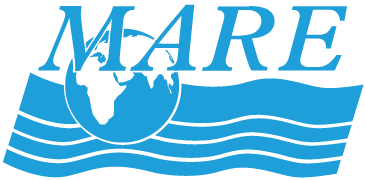Simulation Instructions for The Greenhouse Effect
Introducing the Simulation Steps 1-2 same Step 3: Go to: https://phet.colorado.edu/sims/html/greenhouse-effect/latest/greenhouse-effect_en.html. Select “Waves” from the simulation options. Describe what is depicted: a planet much like Earth, but with an atmosphere we can manipulate. Have students pull the Greenhouse Gas Concentration slider on the right down to the bottom—no greenhouse gases. Then have them click on the cloud button at […]

